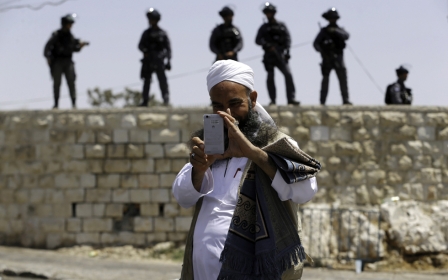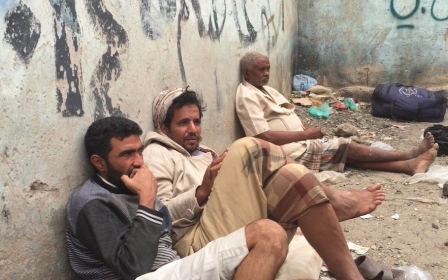Arabic press review: Egypt plans crackdown on Facebook and Google

Egyptian government wants bigger cut of tech profits
The Egyptian government is planning to impose taxes on tech giants including Facebook and Google in return for doing business in the country, according to Arabi21.
The Egyptian parliament last month approved the organisation of the press and information draft law, which states that no website may publish advertisements in the Egyptian market unless they are subject to the provisions of the law.
The government has said international social networking sites are making billions in advertising in Egypt, none of which is being taxed by the state.
But some critics say the move is intended to impose restrictions on online freedom and stifle opposition to the authorities.
Ahmed Mustafa, an information technology expert, said tech giants earned an estimated billion dollars in profits from ads in the Egyptian market in 2017. He said in some parts of the world Facebook, Google and other major tech companies had come to arrangements for governments to benefit from their revenues.
Thousands of Yemenis flee Hodeidah
The United Nations has reported that more than 121,000 people have fled the coastal province of Hodeidah in western Yemen because of ongoing battles between Houthi rebels and the Saudi-led coalition, according to the London-based newspaper al-Quds al-Arabi.
In addition, "more than 10,000 displaced families (80,000 people) have been provided with food, emergency supplies, and other life-saving support".
The report added that after days of relative calm earlier in the week, several air strikes were reported in the city near the airport, as well as on the Sanaa-Hodeidah road.
The UN also said that relief organisations have been able to enter and leave the city without much difficulty, but many roads in the centre are blocked because of traffic, while access to several other neighbourhoods is subject to negotiations.
Survey: Most Jordanians happy with government
Jordanians are positive about the kingdom’s new government led by Omar al-Razzaz, according to the results of an opinion poll, al-Ghad newspaper has reported.
The new government was appointed in June amid public protests at the country’s economic crisis.
The survey reported that 57 percent of Jordanians and 63 percent of opinion leaders in Jordan believe "things are heading in the right direction", compared with 40 percent of citizens and 31 percent of prominent influencers who disagree.
Of those who thought the country was now going in the wrong direction, 28 percent said it was because of rising prices and living costs, 19 percent cited deteriorating conditions and 20 percent said corruption.
The survey was conducted by the Centre for Strategic Studies at the University of Jordan.
*Arabic press review is a digest of reports that are not independently verified as accurate by Middle East Eye
Middle East Eye propose une couverture et une analyse indépendantes et incomparables du Moyen-Orient, de l’Afrique du Nord et d’autres régions du monde. Pour en savoir plus sur la reprise de ce contenu et les frais qui s’appliquent, veuillez remplir ce formulaire [en anglais]. Pour en savoir plus sur MEE, cliquez ici [en anglais].





